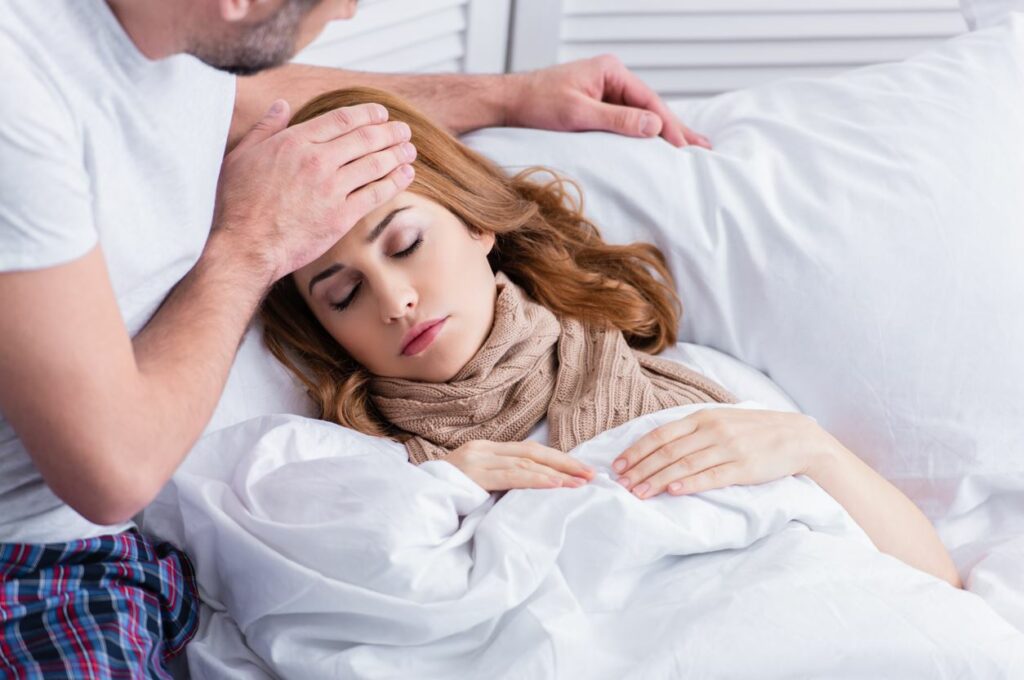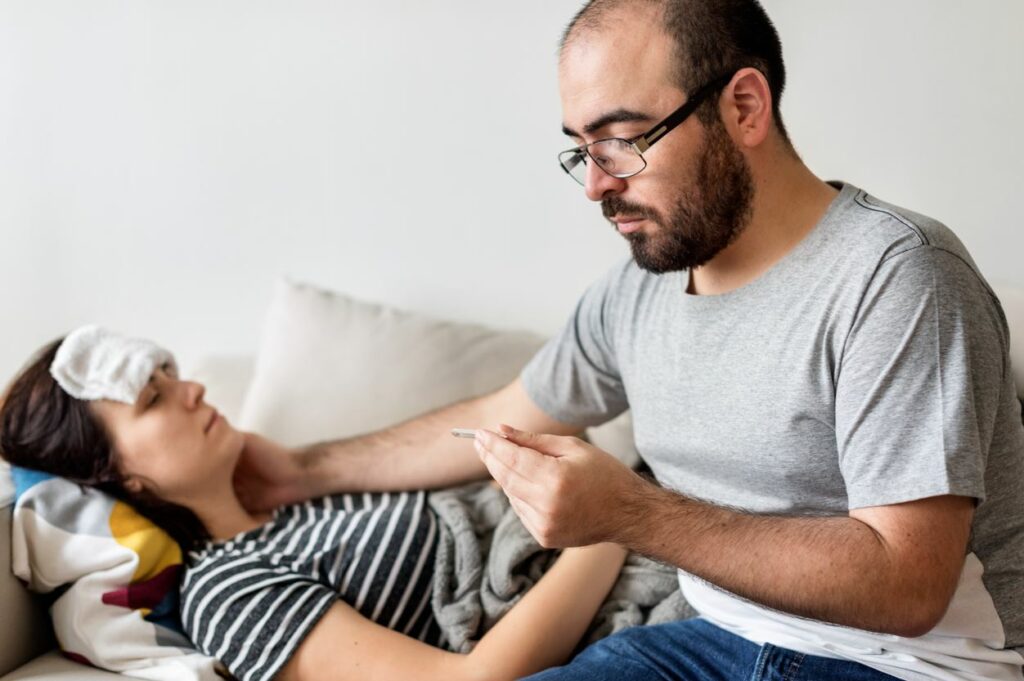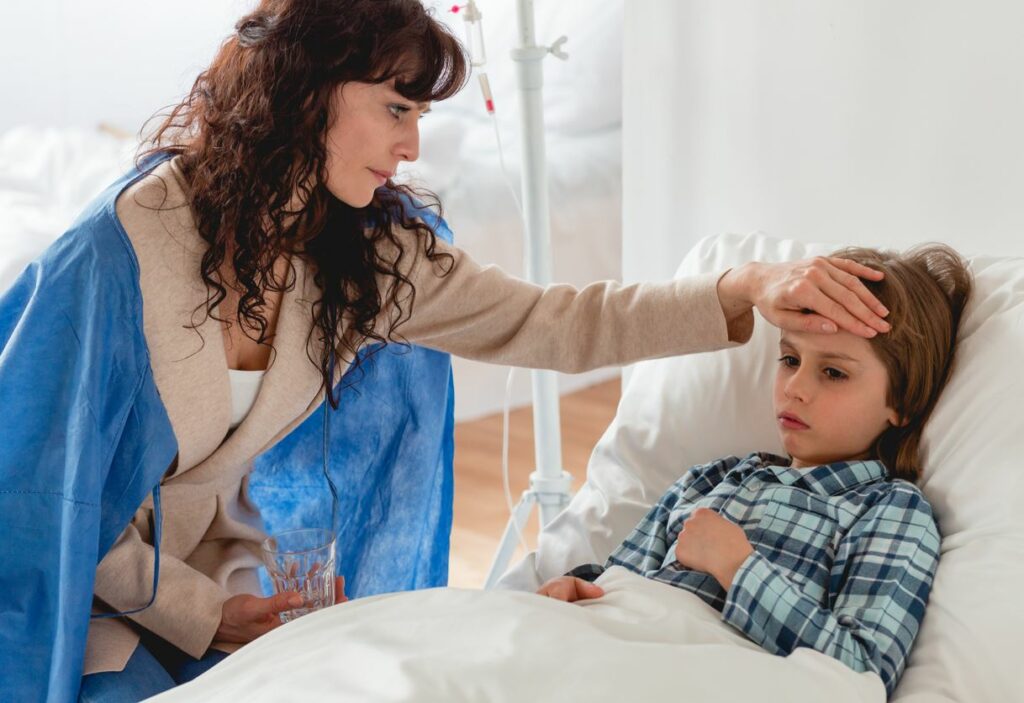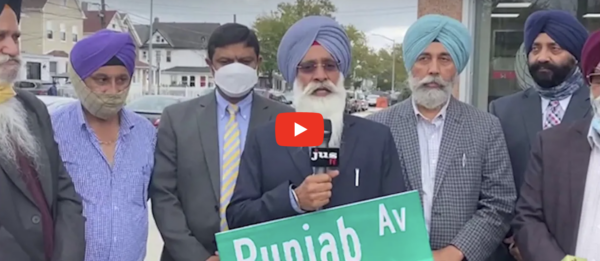Monsoons bring respite from summer heat but also increases the risk of waterborne, foodborne, and vector borne diseases.
Stagnant water serves as a perfect breeding and nesting ground for mosquitoes and contributes to the rising vector-borne diseases such as dengue and malaria.
Dengue is one of the fastest spreading mosquito-borne diseases that may develop into potentially a fatal form known as ‘severe dengue.
Thus, Dengue fever is a disease of significant public health concern. Therefore, it is imperative to stay well informed about Dengue fever, its symptom, treatment, and preventive measures to combat this disease.
What Is Dengue Fever?

Dengue fever is a viral infection that spreads by the bite of an infected Aedes mosquito. It causes flu-like.
Dengue results in mild to severe fever, but in severely affected patients, it affects muscles and bones and causes pain as if their bones are breaking.
This is why dengue is also known as break bone fever. Severely affected patients may suffer from dengue hemorrhagic fever or dengue shock syndrome, and this condition can be fatal, and the patient requires immediate hospitalization.
Dengue mostly affects the people in tropical and subtropical countries, especially India, Africa, China, Southeast Asia, and Central America.
What Causes Dengue?
Dengue is a viral infection transmitted by mosquitoes that belongs to the Aedes family, commonly Aedes Aegypti Mosquito.
After the mosquito bites the infected person, the dengue virus enters into the mosquito, and when the mosquito bites the next person, it transfers the virus, and the cycle continues. Four types of dengue viruses are known to cause dengue fever.
If you are infected by any one of them, your body becomes immune to that particular virus. Still, if you get infected by any of the other three dengue viruses afterward, there are increased chances of developing dengue hemorrhagic fever.
What Are The Symptoms Of Dengue Fever

Dengue fever can cause various symptoms. The common ones are listed below:
Symptoms that appear with the onset of dengue fever are:
- Headache
- High body temperature
- Pain behind the eye
- Swollen gland
- Nausea and vomiting
- Rash
It is imperative to treat the Symptoms of dengue in its initial stage as early as possible to avoid complications.
Young children and young adults who never before had dengue infections tend to have mild cases compared to older adults. Symptoms of mild dengue are often mistaken with other viral infections or flu.
However, proper diagnosis is important because it may cause serious problems such as dengue hemorrhagic fever, a rare complication. Dengue hemorrhagic fever symptoms may further progress to dengue shock syndrome can be fatal.
Severe Symptoms of dengue include:
- Bleeding from nose and gums
- Severe pain in the abdomen
- Blood in urine or stool
- Skin bruises
- Difficulty in breathing
- Fatigue
- Irritation
- Cold and clammy skin
Those with a weak immune system or those who have a second or subsequent Dengue infection at the greater risk of developing dengue hemorrhagic fever.
Why Dengue Fever Causes, Low Count Of Platelets In The Patient?

Dengue fever leads to low count of platelets because it causes bone marrow suppression. In addition, the virus leads to the destruction of platelets by the process called apoptosis.
Therefore, dengue virus infection may also cause dysfunction of the platelets and result in low platelet count.
Diagnosis of Dengue Fever
A blood test is required to diagnose dengue infection and check the virus or antibodies to it. If you have travelled to a tropical area and have become sick, it’s better to let your doctor know to evaluate the possibility that your symptoms may be due to dengue infection.
What Is The Treatment For Dengue Fever
Dengue is a viral disease, and there is no specific treatment for it. If you think you have dengue fever avoid medicines with aspirin and use pain relievers with acetaminophen. Take plenty of rest and drink lots of fluids.
It is better to see your doctor as soon as possible. If symptoms worsen in the first 24 hours after the fever goes down, get hospitalized to be checked for complications.
Is There Any Vaccine Available For Dengue?
In the year 2019 FDA approved a vaccine known as Denagvaxia to prevent the disease from occurring in age group 9-16 who already ones got affected by dengue. However, no vaccine is currently available to prevent the general population from contracting dengue.
How To Prevent Dengue Fever?
Prevention is always better than cure. Unfortunately, there is no specific treatment for dengue fever, so the best is to prevent the disease.
To keep dengue at bay, you need to prevent bites by infected mosquitoes, particularly if you travel to or live in tropical areas.
Make an effort to protect yourself and your family members from mosquito bites and keep the mosquito population down by following preventive measures discussed below:
Tips to prevent mosquito bites:
- Use mosquito repellent even Indoors
- Use air conditioning if you are indoors
- Make sure that windows are free from holes, screened and secured
- Use mosquito net is sleeping in an area that are not air-conditioned or screened
- When outdoor wear long sleeves shirts and long pants tucked in socks.
- keep your house and surroundings clean and get rid of stagnant water
- Clean coolers and remove water if it is no longer running.
It is essential to treat dengue fever in time, or it may turn life threatening. The best you can do is keep your surroundings clean and take precautionary measures discussed in our article to prevent mosquito bites.







